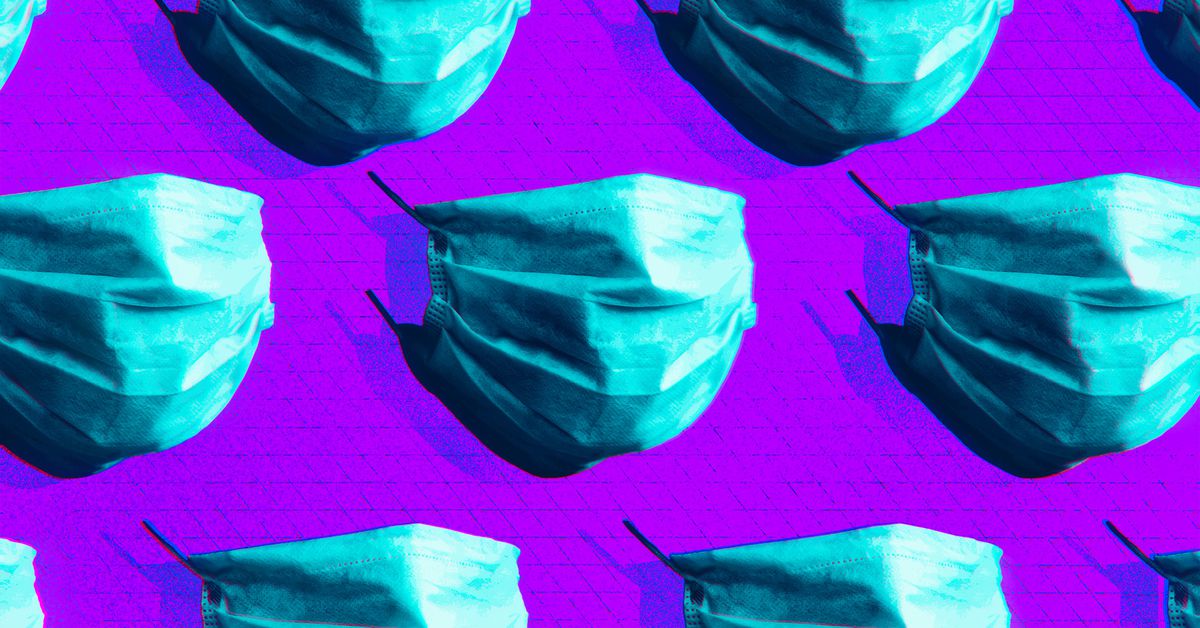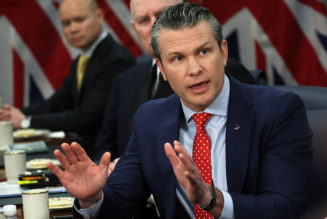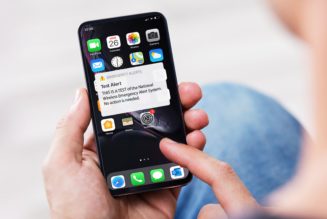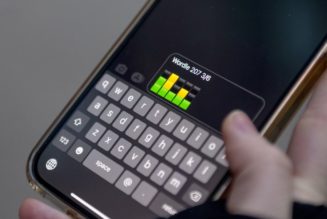
Public health experts and communities around the country are still struggling to make sense of the Centers for Disease Control and Prevention’s new mask guidelines. Last week, the CDC said it no longer thinks people who are fully vaccinated against COVID-19 need to wear masks in most situations. But cases of COVID-19 are still high in many places, and less than 40 percent of people in the United States are fully vaccinated.
In efforts to clarify and explain the agency’s thinking, CDC director Rochelle Walensky focused on the risk COVID-19 poses to each individual person who decides to wear a mask or not wear a mask. People who are vaccinated can decide to skip a mask knowing that they’re safer, and people who aren’t vaccinated should keep them on or sign up for a shot. If they don’t wear a mask, they could be more at risk of catching COVID-19.
“I might say people are responsible for their own health,” Walensky told PBS NewsHour. “If you’re not vaccinated, that, again, is taking your responsibility for your own health into your own hands.” She posted similar language on Twitter: “Your health is in your hands.”
But over a year into the COVID-19 pandemic, if we’ve learned one thing about infectious diseases, it’s that our health is never just in our hands. It’s a core idea of public health: even if people make the best possible effort to stay well, they can still get sick. If there’s more virus around in a community, everyone is more at risk, regardless of what precautions they take.
It is a fundamental tenet of public health that no one’s health is completely in their own hands.
In addition to transmission of infections, many societal, environmental, and political forces override our best attempts at staying safe & healthy. https://t.co/N2Y3ZknlW7
— Dr Ellie Murray (@EpiEllie) May 15, 2021
Easing up on mask-wearing recommendations could still be a good call — or at the very least, a reasonable one. The new guidelines might encourage more people to get vaccinated. COVID-19 vaccines also work extremely well: people who are fully vaccinated are at very low risk of catching and getting sick from the disease, so they may not need the extra protection from a mask. They’re also not a major danger to others: there’s a very low chance they’ll have COVID-19, and if they do catch the virus, they probably won’t have enough of it in their bodies that they can pass it to someone else. So they don’t need a mask to block potentially infectious particles from spraying into a room.
But it’s frustrating that Walensky chose to stress a shift to personal responsibility as the rationale — only four weeks after vaccine eligibility opened up to all adults (and just days after 12- to 15-year-olds became eligible). People who got their shots recently still aren’t fully vaccinated. Others may not have found the time to schedule a shot around their work hours.
With those limitations, pushing the burden of staying safe onto individuals makes things hard on everyone. In response to the CDC announcement, for example, stores like Walmart and Costco are no longer requiring customers to wear masks. Most say unvaccinated people still need to wear masks, but they’re not going to ask for evidence that someone is vaccinated before they go into the stores.
Someone who isn’t vaccinated could easily decide to not wear a mask in Walmart. In an indoor space like a crowded store, they’d be more at risk of contracting COVID-19, especially in an area where the virus is still circulating. That person is taking their health into their own hands — but they’re also putting the people around them at risk.
Kids under 12 can’t get vaccinated yet, and even with a mask on, they could catch the disease from a maskless unvaccinated adult. Even people who are vaccinated are at increased risk. The shots aren’t perfect, and some vaccinated, otherwise healthy people still end up catching COVID-19. The situation is worse for people who are immunocompromised, like people who have had organ transplants. For them, even if they are able to get a shot, their vaccine might not work as well as someone else’s.
The amount of risk that comes with taking a mask off isn’t just determined by the vaccination status of the person who decides to remove it. It’s also affected by the decisions of the people around them — whether they decide to take their masks off and whether they’re vaccinated. Health is, as always, collective. The way the CDC talks about its decisions should reflect that.










